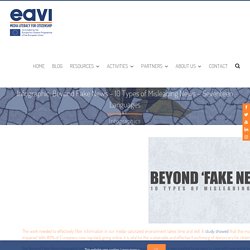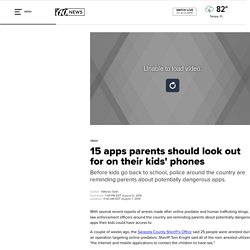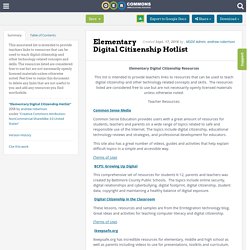

Would You Rather Download. A News– and Media Literacy–Themed Mixtape for Tough Times. Infographic: Beyond Fake News – 10 Types of Misleading News – Seventeen Languages. The work needed to effectively filter information in our media-saturated environment takes time and skill.

A study showed that the more content we consume, the more our ability to make decisions about its veracity becomes impaired. With 80% of Europeans now regularly going online, it is vital for the sustainable and effective functioning of democracy for citizens to be able to curate their media diets with a healthy critical eye. Our Beyond Fake News infographic identifies the 10 types of potentially misleading news. It was created to be used in class with real-world examples to spark classroom debate and reflection on the ways that media is constructed.
We hesitated to put the term ‘fake news’ in the title of the infographic as, ironically, the term itself is a misleading simplification. Below this article, you will find a pdf version of the infographic as well as a dropdown list containing some resources for teaching the 10 Types of Misleading News. The 10 types The motivations. Let's Stop Using The Term "Fake News" - A FREE Media Literacy Vocabulary Activity. Resources Archive — News Literacy Project. The News Literacy Project. The Sift Archive — News Literacy Project. Elementary School Homepage : Copyright & Creativity. A Copyright-Friendly Toolkit. However fabulous Creative Commons and Public Domain content may be, sometimes you really need to use copyrighted material. Say you plan to comment on popular media or current events. For instance, you may be planning to critique the portrayal of Native Americans in commercial films.
You are going to want to “quote” some commercial films like Pocahontas, Lone Ranger, and Dances with Wolves. If you are reviewing a book, you may want to share its cover art. You may use copyrighted content without asking permission if you believe that your use falls under the doctrine known as Fair Use. In general, when you transform original content, repurpose it, and add value to it in your own remix, you may be able to claim the use fair. According to American University’s Center for Media and Social Impact, these two tests or questions help you plan whether to use the copyrighted work of others without asking permission: The video below explains why the Code for Fair Use in Online Video was created.
E-safety Guides for Schools. All those who wish to manipulate us need... - Debra Glaze Byrd. School. Copyright & Creativity : K-12 Teaching Resources on Copyright and Fair Use. 15 apps parents should look out for on their kids' phones. With several recent reports of arrests made after online predator and human trafficking stings, law enforcement officers around the country are reminding parents about potentially dangerous apps their kids could have access to.

A couple of weeks ago, the Sarasota County Sheriff's Office said 25 people were arrested during an operation targeting online predators. Sheriff Tom Knight said all of the men arrested utilized "the internet and mobile applications to contact the children to have sex. " The sheriff's office, and most recently the Madill Police Department in Oklahoma, shared graphics showing 15 apps parents should know about. The apps include well-known social media and dating apps like Snapchat, TikTok and WhatsApp, as well as location-based dating apps like MeetMe, Grindr and Skout. App parents should know about, according to law enforcement Sarasota County Sheriff's Office MeetMe: A dating social media app that connects people based on location. 1. 2. Top Websites for Teachers to Find Lesson Plans. Digital Citizenship Curriculum.
Digital Citizenship: Keep Private Information Safe. Digital Literacy and Citizenship Curriculum for Grades K-5. Digital Citizenship Parent Resources. Digital Citizenship: Digital Footprint. Elementary Digital Citizenship Hotlist. Elementary Digital Citizenship Resources This list is intended to provide teachers links to resources that can be used to teach digital citizenship and other technology related concepts and skills.

The resources listed are considered free to use but are not necessarily openly licensed materials unless otherwise noted. Teacher Resources: Common Sense Media Common Sense Education provides users with a great amount of resources for students, teachers and parents on a wide range of topics related to safe and responsible use of the Internet. This site also has a great number of videos, guides and activities that help explain difficult topics in a simple and accessible way. (Terms of Use) BCPS: Growing Up Digital This comprehensive set of resources for students K-12, parents and teachers was created by Baltimore County Public Schools.
Digital Citizenship in the Classroom These lessons, resources and samples are from the Erintegration technology blog. (Terms of Use) Ikeepsafe.org.